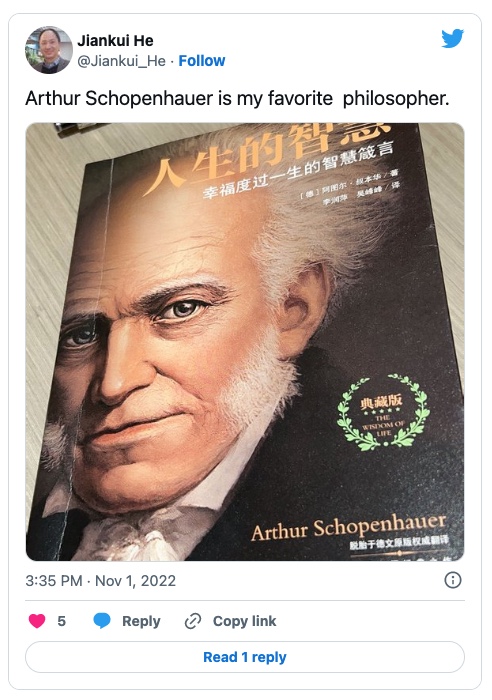Dear Dr Hurlbut,
given your previous involvement in the experiment of He Jiankui, I would like to make a proposal to you.
As a genetic epidemiologist, I have looked into the technical details of Dr. He’s presentation in Hong Kong. I am deeply concerned about the two girls and and what the international community could do for the “CCR5 twins” but also for the “PCSK9 baby” that will be born in about 10 weeks.
As the official Chinese investigation report leaves a lot of open question, I suggest that an international commission including also scientists and medical doctors from abroad should examine these children. Very much in accordance to the International Atomic Energy Agency there should a multidisciplinary group be built that is allowed to do on-site visits. While I agree with many other ethicists and geneticists that the children and their parents should not be exposed to the public, I think a group of experts need to examine the children and resequence their genomes to offer them the best care available.
We are not sure if the twins are still alive as a Chinese magazine already wrote last December
Eugenics is a word many associate with America’s historical bans on interracial marriage, Nazi Germany’s quest for Aryan supremacy, and stolen Australian Aboriginal children. Its connection to China’s one-child policy is less obvious, but no less potent. Children were seen as valuable resources, and when only one child was permitted per family, there was tremendous pressure to secure the optimal outcome … “Deformed fetuses” are encouraged to be terminated in China because people who require extra care and function outside conventional norms are largely viewed as burdens on society and the family. In lower tier cities, disabled children are often hidden from view and afforded little dignity or opportunities for upward mobility. When people with disabilities are not being pitied as subhuman, those who manage to overcome societal judgment and obstacles are then trotted out as inspiration porn for able-bodied people. Many Chinese people struggle to see beyond someone’s disability. The Chinese word for “disabled” is made of up characters that mean “incomplete/broken” and “disease/suffering,” leaving little room for a fulfilling existence.
As a genetic community we owe something to these children as we collected all those genomic data and developed also the tools to modify a genome but we did not clearly voice our concerns of a germline based therapy. Based on a previous analysis I am sure that the two girls will have many more deficits than are currently known.
Knowing more about the details would be a further warning sign of doing such experiments.
Kind regards
MW
